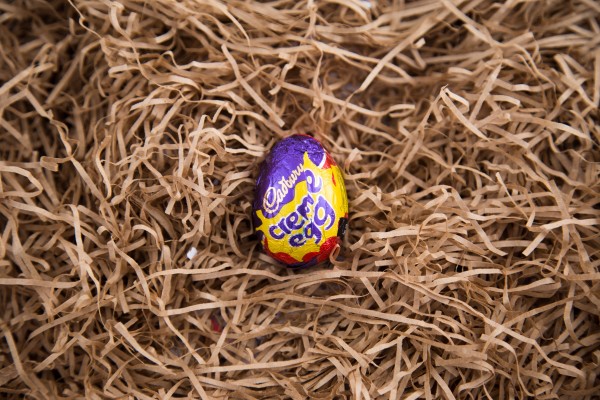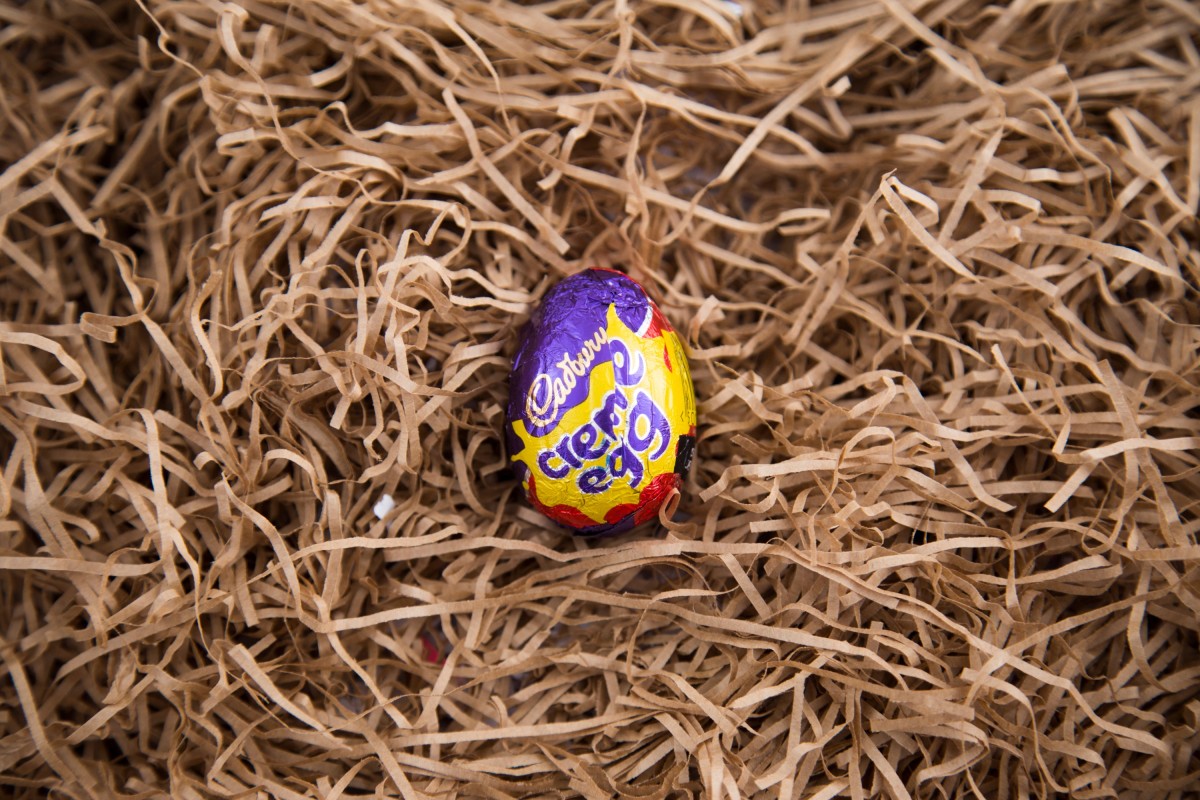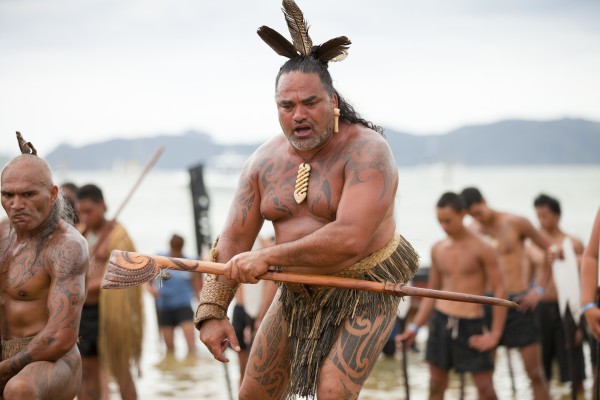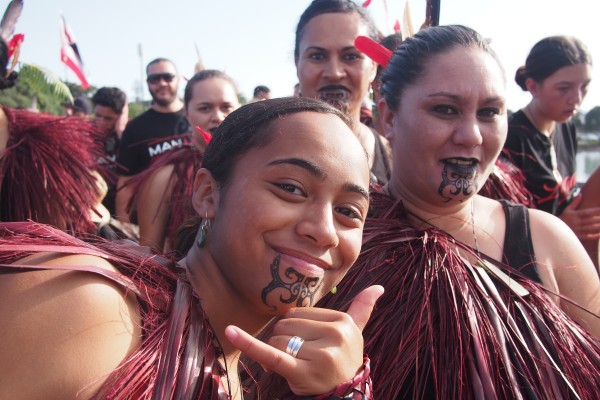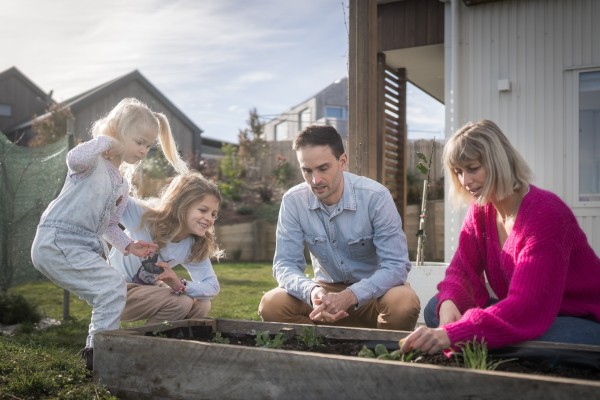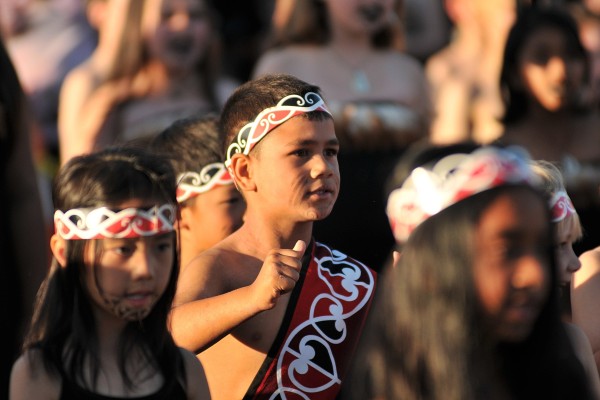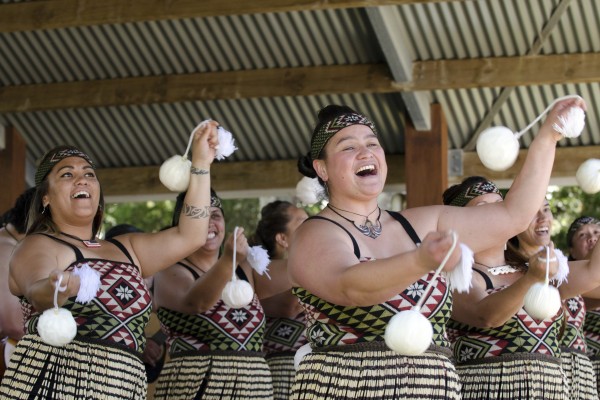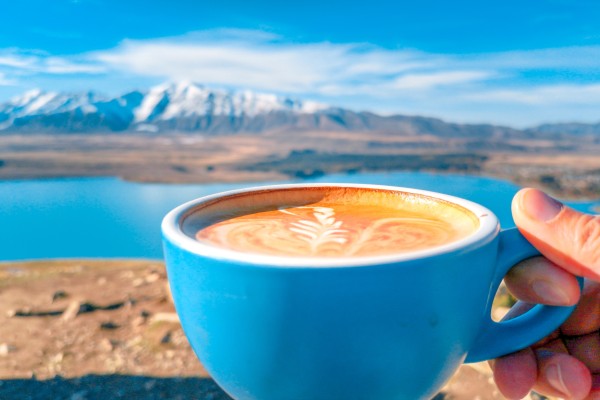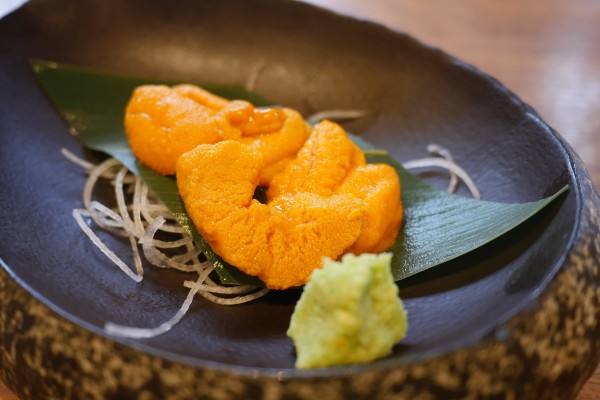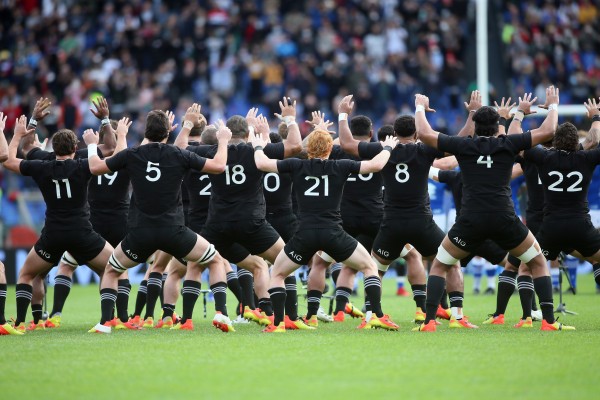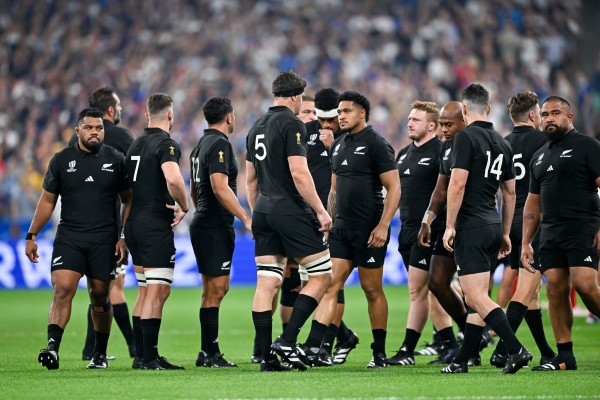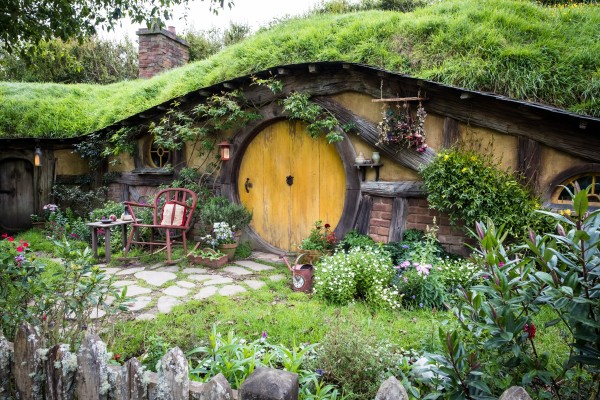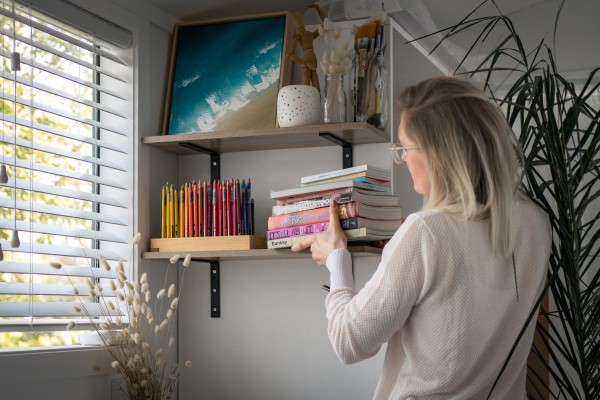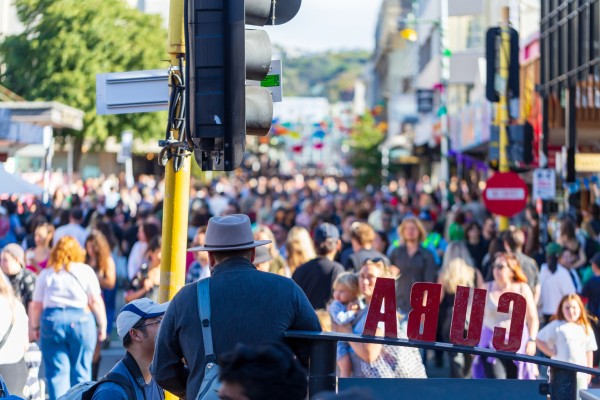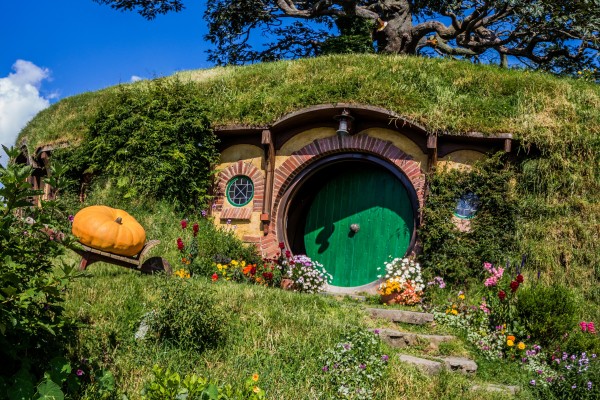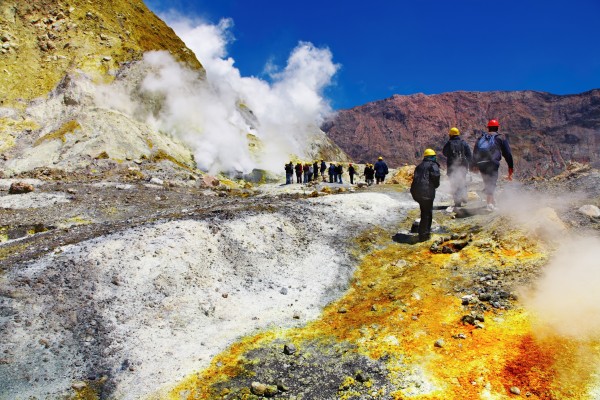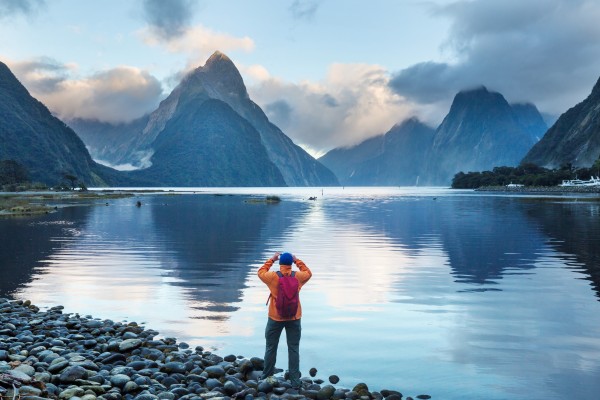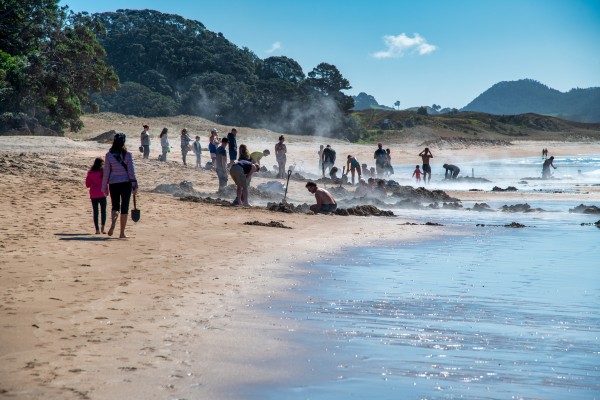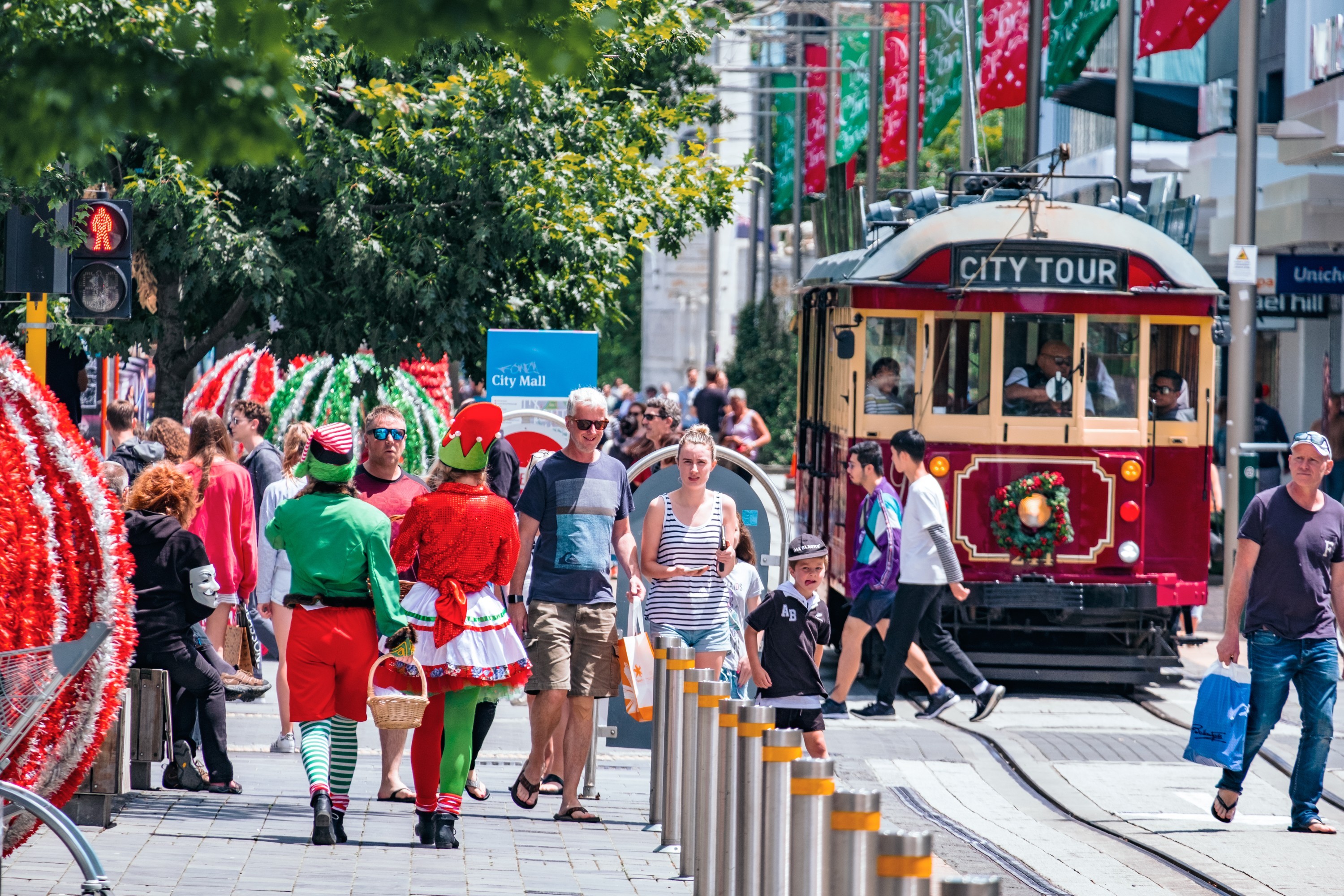
Christmas in Aotearoa can be a unique experience. Instead of snow and sleighbells, you can expect sun, sand and Santa parades. Christmas in New Zealand is all about food, family and fun.
For much of the past century, New Zealand followed British traditions when celebrating its biggest holiday of the year. However, as tastes and generations have evolved, so has the way Kiwis celebrate. Today, many New Zealanders have preserved some classic British customs while embracing uniquely Kiwi experiences and rituals.
For those new to the New Zealand, here’s what to expect at your first Kiwi Christmas.
What Makes Christmas in New Zealand Unique
For most New Zealand households, Christmas is the highlight of the year. Schools, businesses, and universities close over the festive period, and many people take two weeks off work to celebrate. This makes Christmas a special time for families to come together, exchange gifts, enjoy a meal, and cherish each other's company.
Dates and Duration of Celebrations
In New Zealand, Christmas Eve, Christmas Day and Boxing Day are all public holidays. As Christmas coincides with the summer school holidays, which start in mid-December and end in late January, all students already have the Christmas period off.
It’s normal for most business to shut their doors during the week of Christmas and re-open in early January. Many workers take two weeks of paid annual leave off work during this time. Most businesses shut down during this period. Those who choose to stay open usually operate on skeleton staff (essential workers only), and workers are paid time and a half and earn a day in lieu of their input over this period.
Most people start decorating for Christmas in November. In many New Zealand towns and cities, you’ll see stores decorated with festive window displays, fairy lights in the centre of the city and Christmas trees in department stores from mid-November.
Festive Foods in New Zealand
Christmas dinner in New Zealand has evolved over the past fifty years. For most of the 1900s, New Zealanders adopted the British tradition of eating a roast meal with all the trimmings.
With the influence of other cultures and the breaking away from old values, many Kiwis enjoy a mixture of traditional Christmas foods and more summer-appropriate foods.
It’s common for most people to enjoy a variety of meats on the menu. According to a Retail Meat New Zealand survey, Kiwi households are ditching a traditional roast ham or turkey for Lamb. Here’s what the average Christmas dinner looks like:
-
Lamb (34.29%)
-
Ham (33.17)
-
Beef (13.34%
-
Chicken (7.97%)
-
Turkey (7.75%)
Summer has a big influence on what Kiwis choose to eat and how they choose to prepare it. In many parts of the country, many families spend Christmas near the beach. This makes barbeques and picnics a popular option.
Salads and fruits are also in season. Many people plant strawberries earlier in the year so that they can enjoy them at home. Fruit is a large part of a Christmas day feast, whether for decorating a pavlova or for serving fresh with cream.
Christmas Rituals and Traditions
New Zealand is relatively agnostic when it comes to celebrating Christmas. There is a lot of emphasis on family and food but less emphasis on the religious elements of the season. Here are just some of the ways that Kiwi families celebrate:
-
In the lead-up to the Christmas holidays, many Kiwi families mark the season by putting up a Christmas tree in their homes. Both fake trees and real pine trees are popular.
-
Schools partake in Christmas-themed activities, with many students performing end-of-year Christmas plays that feature summer-themed songs.
-
Santa parades are popular community activities held in most towns and cities around New Zealand. These parades are a combination of community groups, like pipe bands and marching groups and parade floats decorated by local businesses, charitable trusts and community groups.
-
Santas are a fixture at many New Zealand malls and department stores in the lead-up to Christmas. Many families get an annual photo of the kids with Santa Claus every year.
-
Like in other parts of the world, Christmas movies are played on television in the lead-up to the big day.
-
During the last few weeks of the year, most businesses celebrate by holding an office Christmas party or end-of-year event to mark the start of the holidays.
-
Fairy light displays are a common sight in towns and suburbs across New Zealand during the festive season. With the long summer evenings, children often have to stay up past their bedtime to fully enjoy the lights after dark.
-
Boxing Day, on December 26, is a public holiday in New Zealand and is often associated with sales and shopping. It’s also a time for sporting events, especially cricket, where our national team often plays a Boxing Day test.
Christmas Decorations in New Zealand
In New Zealand, it’s common to see familiar national symbolism combined with more traditional aspects of Christmas on decorations and cards.
From Maori figures to kiwi, tiki and ferns, Christmas trees, Santa hats and baubles, sandy beaches and even occasionally snowflakes, New Zealand takes inspiration from both the Northern and Southern hemispheres, European and Maori culture to create something uniquely Kiwi.
The Pōhutakawa tree is considered New Zealand’s Christmas tree. It's a native tree, and it has thick, gnarled branches and beautiful red flowers that blossom at the start of summer. With its bright foliage and green leaves, it has become a symbol of New Zealand Christmas.
According to New Zealand History, the pōhutukawa was first referred to as a Christmas tree in 1857. Ngāpuhi leader Eruera Patuone used its vibrant scarlet flowers to decorate a feast, marking its early association with Christmas.
Celebrating Outdoors
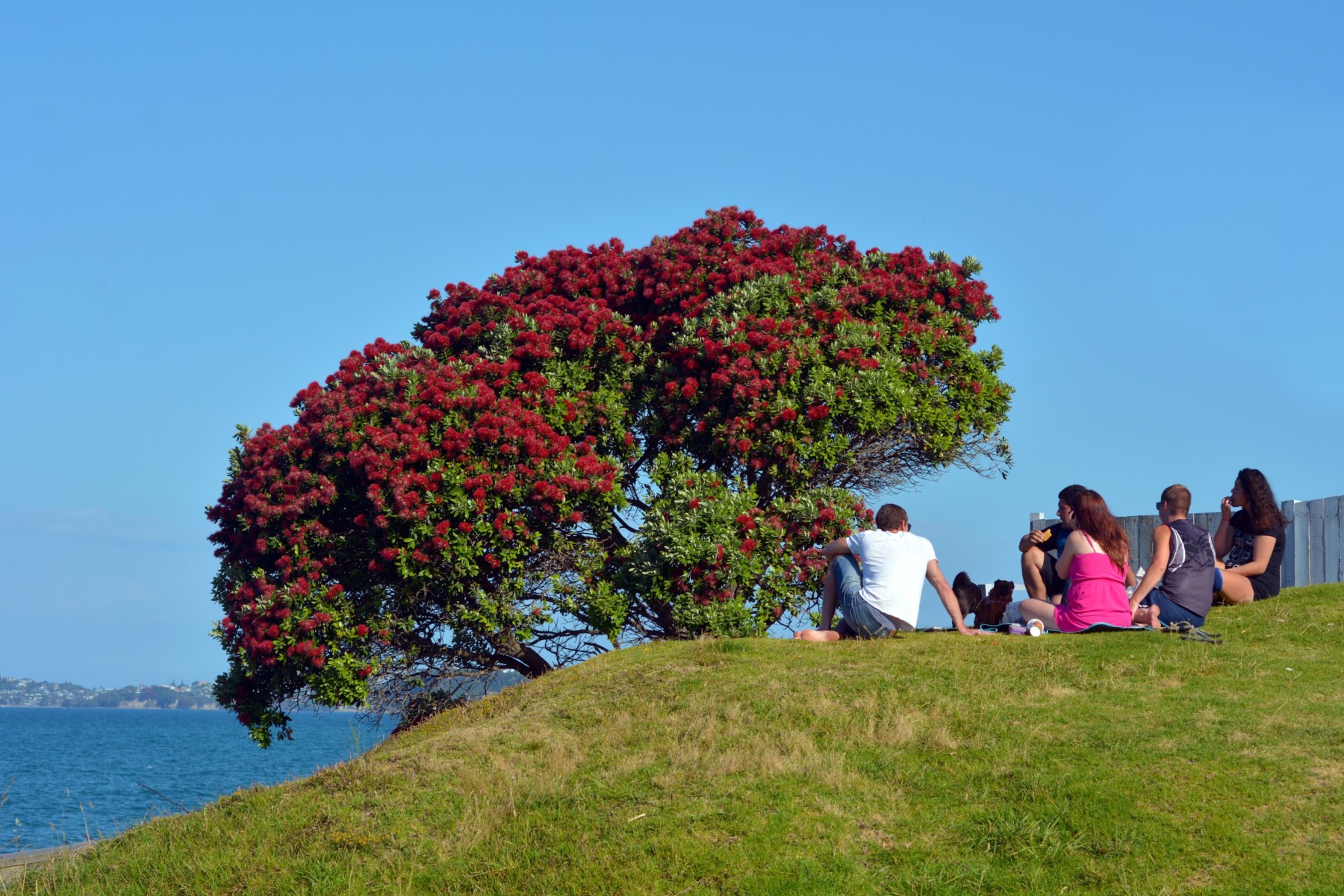
As December 25 marks the start of the summer solstice, many New Zealanders spend their Christmas holidays enjoying the outdoors. Spending Christmas at the beach, a family batch (holiday home) or camping has long been a tradition for many Kiwis.
Many children are gifted games or sports equipment that can be used in summer. From backyard or beach cricket sets to water pistols and boogie boards, Christmas presents often have a fun outdoor twist.
Unfortunately, while many families still spend the holidays this way, the humble batch is under threat from increasing house prices, suburban development and the closure of some holidays parks over the years.
Comparing Christmas Around the World
New Zealand’s position in the southern hemisphere and as a South Pacific nation makes Christmas a unique experience compared to many places around the world. A survey from the mid-2000s showed how New Zealanders felt about celebrating Christmas and what values they hold dear.
When asked about their ideal way to spend Christmas, most people chose to celebrate “at home with close family, extended family, or family and friends.” Nearly two-thirds said the best part of Christmas was spending time with loved ones, highlighting the holiday’s shift in focus from religious observance to a family-centred occasion.
Only 10% of respondents viewed religion as the most important aspect of the day. Unlike many cultures, New Zealand doesn’t have a designated family celebration day, making Christmas increasingly fulfil this role for Kiwis.
New Zealanders were also asked to vote on the traditions they hold dear and those that seem to be fading. New Zealanders value:
-
Family celebrations (73%)
-
Eating a roast dinner and Christmas pudding (72%)
-
Decorating the tree as a family (65%)
-
Sending Christmas cards (66%)
-
Santa Claus (47%)
-
Hanging stockings (42%)
-
Carols by candlelight (31%)
Music and Entertainment
Kiwis are inspired by both local and international trends when it comes to Christmas music and entertainment. Christmas here mixes traditional and modern entertainment, incorporating music, movies, and festive activities that reflect both the summer season and cultural diversity. Here’s a look at what’s popular:
- Kiwi Christmas Songs: In addition to international Christmas classics, Kiwi artists often put a local twist on Christmas music. Songs like "The Pōhutukawa Tree" and "Christmas on the Beach" are popular in schools.
- Christmas Concerts: Many towns and cities host Christmas concerts featuring a mix of traditional carols and more modern holiday tunes, often performed by local choirs or community groups.
- The Royal New Zealand Ballet: New Zealand’s Royal Ballet company tours the country each year between October and December, performing a Christmas-themed show. Past shows have included The Nutcracker, Hansel and Gretel and A Midsummer Night’s Dream.
- Christmas Movies: Much like elsewhere, Kiwis enjoy watching Christmas movies, including popular international films like Home Alone, The Polar Express, Love Actually, The Holiday and Elf.
- Kiwi Christmas Shows: Local TV channels often feature special Christmas programming, including holiday movies, festive variety shows, or New Zealand-produced Christmas specials.
- The Queen's Christmas Message: Although not as widely celebrated now, a portion of New Zealanders still tune in to watch the Queen’s Christmas message, especially in more traditional households.
How Celebrating Christmas in New Zealand Has Changed
New Zealand's growing diversity has also made Christmas a more inclusive holiday, with various cultural groups bringing their customs and adding to the festive atmosphere.
Although Christmas has become more popular, its religious significance has diminished. In the 1970s, Christmas was still very much a religious holiday for a larger part of the population. Today, only about 10% of Kiwis regard religion as the most important aspect of Christmas.
Over the past five decades, Christmas has become more commercialised in New Zealand, similar to trends seen in many other countries. Christmas shopping, sales, and festive advertising have made the holiday season a major economic event.
Sustainability and Giving Back
While trending toys and gifts are always popular with children, there is more of a focus on creating sustainable presents or traditions with adults in New Zealand.
Many adults give to food banks and charities during this time, while eco-friendly or reusable gifts are gaining popularity in New Zealand.
People are opting for sustainable alternatives to traditional gifts, such as reusable products (like stainless steel water bottles or beeswax wraps), upcycled goods, or locally made, handcrafted items that have a smaller carbon footprint.
Experience-based gifts are also trending. Many people give experiences such as concert tickets, vouchers for activities, or family outings, which don’t require packaging and have less environmental impact.
How to Have a Distinctly Kiwi Christmas
Christmas in New Zealand offers a truly unique experience that blends the traditional festivities with the warmth and excitement of summer. For most Kiwis, Christmas involves a month of special moments, from the excitement of decorating the Christmas tree to exploring twinkling fairy lights around your local suburb.
If you’re new to New Zealand, you can celebrate in ways that feel Kiwi uniquely, whether by attending a Christmas-themed ballet, enjoying end-of-year performances, or simply enjoying the pōhutukawa trees in full bloom. Christmas in New Zealand is a time of connection, celebration, and creating new memories.
What do our customers say?







For every (wise)move







What’s happening?
Please notify us of any violations. This information will be kept confidential and shared only with Wise Move.
- It’s inaccurate or incorrect
- If you find it offensive
- It’s something else
